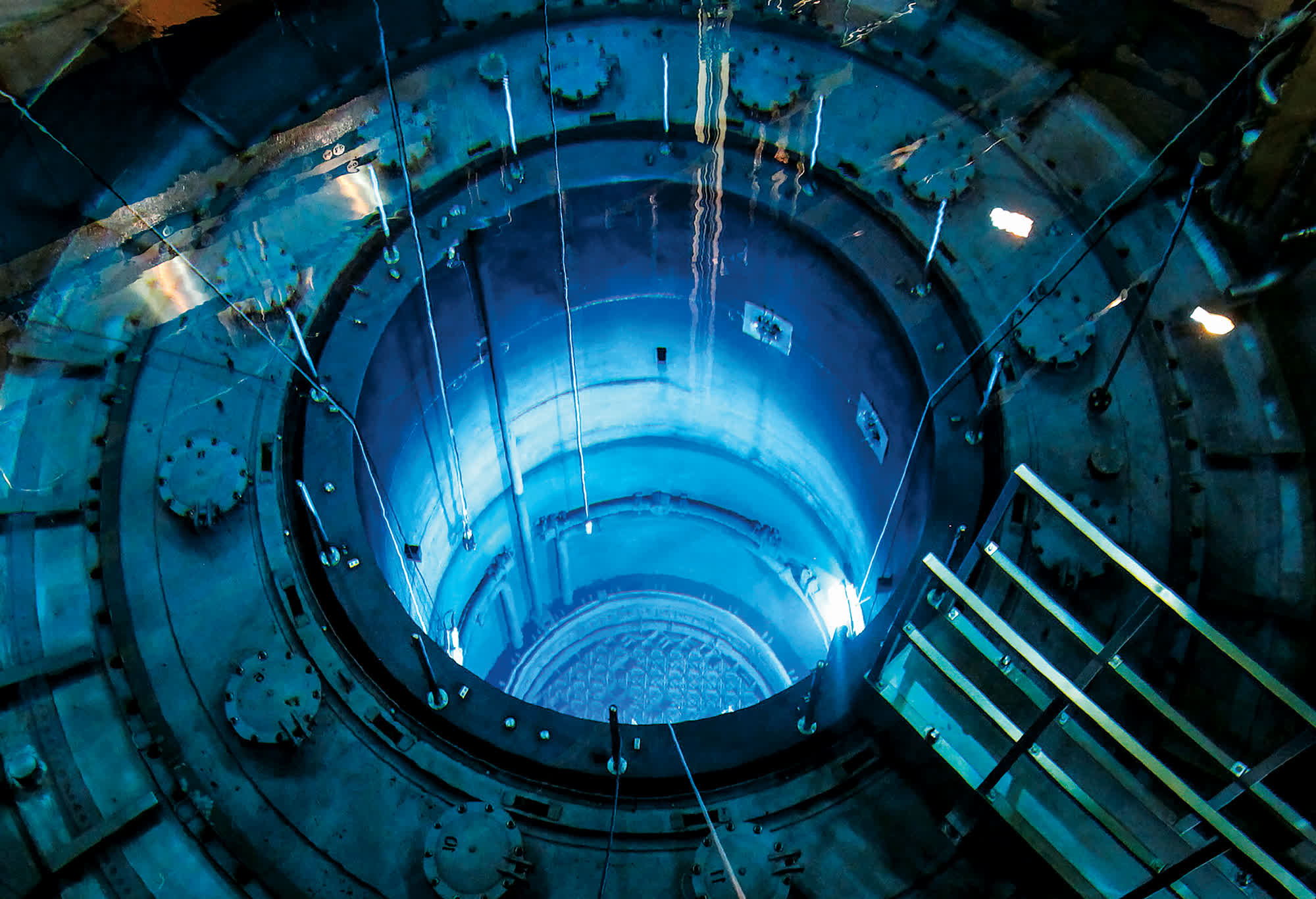In a nutshell: Small modular reactors (SMRs) represent a proposed technology for a new generation of nuclear fission reactors. SMRs are smaller than conventional reactors; they can be constructed at one location and then transported and installed elsewhere. Most importantly, SMRs are still in the prototype stage, but Microsoft is already placing a bet on an SMR-powered future nonetheless.

A recent job listing from Microsoft is seeking an expert in nuclear technology to lead the company's new energy initiative. This senior position, titled "Principal Program Manager Nuclear Technology," aims to assist Microsoft in developing, maturing, and implementing a global energy strategy centered around SMR and other microreactor designs.
The job posting includes a quote from Microsoft CEO Satya Nadella, who states that the "next major wave of computing is being born," with cloud and AI models emerging as the new dominant "computing platform." It's worth noting that cloud and AI algorithms demand substantial energy resources. Therefore, Microsoft appears to be exploring the possibility of constructing its own power generation facilities based on SMR designs.
The new hire will have the responsibility of leading the "technical assessment" for integrating SMR and other microreactor designs into Microsoft Cloud's existing data centers. The ideal candidate should possess prior experience in the energy industry, along with a profound understanding of nuclear technologies and regulatory affairs.

The new manager will also need to have an open mindset as they will be responsible for identifying and collaborating with other groups to achieve common goals. The position's responsibilities include a results-oriented approach, creating a "comprehensive" roadmap for SMR deployment, expertise in identifying cost-saving opportunities, and establishing long-term strategic relationships with key vendors and industry groups.
As of now, small modular reactors and other next-generation nuclear reactors are still in the prototype phase, with several devices being developed in 19 countries. Microsoft co-founder Bill Gates is a strong advocate of innovative nuclear reactors through his company, TerraPower. A spokesperson confirmed to CNBC that TerraPower "does not currently have any agreements" to sell its reactor designs to Microsoft.
Microsoft is clearly aiming to be an early entrant in the emerging market for compact nuclear reactors, and it's not just fusion. Earlier this year, the company made a deal with Helion Energy to develop a new working fusion energy device within five years.
https://www.techspot.com/news/100272-microsoft-needs-expert-build-modular-nuclear-reactors-data.html